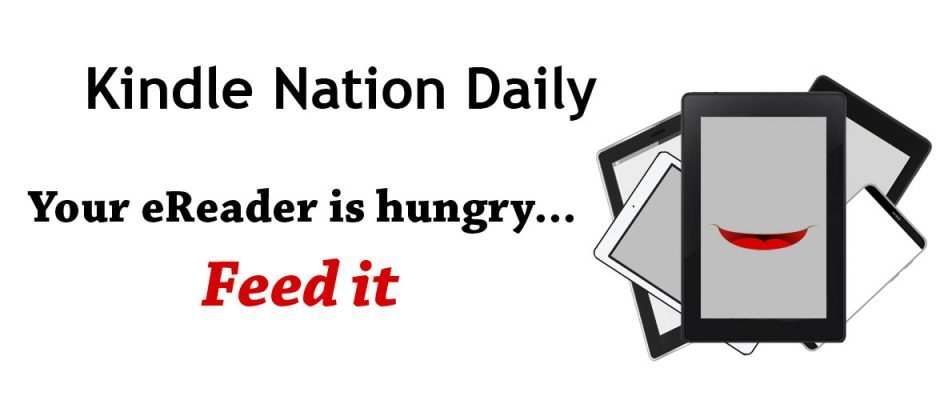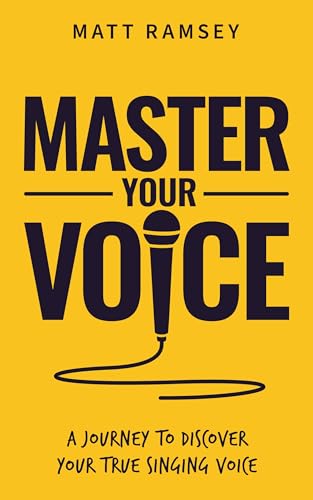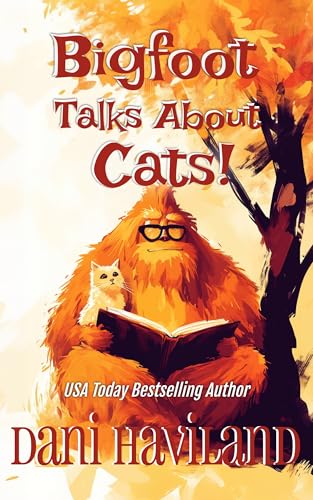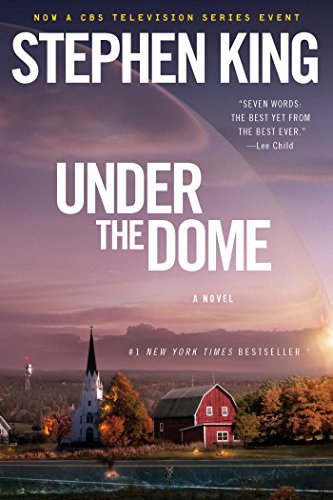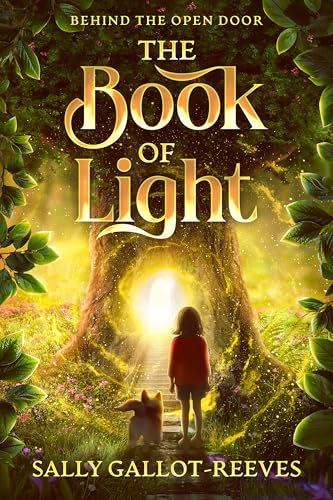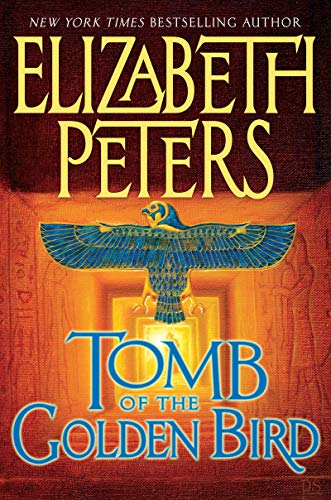An excerpt from
Beyond the Literary-Industrial Complex:
How Authors and Publishers Are Using the Amazon Kindle and Other New Technologies to Unleash an Indie Movement of Readers and Writers
By Stephen Windwalker
Copyright 2008, 2009, Stephen Windwalker and Harvard Perspectives Press.
What is it to be a writer hard at the work of creating something wonderful, a work in progress that you will chisel away at and breathe life into and perfect until it is published and embraced by a welcoming audience of serious readers who buzz to one another and back to you that you have made something new, something of value, perhaps even something eternal?
In the middle of this faithful process, as you gird yourself against distractions and slave away at MacDowell or Yaddo or Starbucks, or in your garret, or on the Acela, or in your prison cell, there are blissfully intense moments when there is only you and the work. On these days the work is the best of companions.
Such moments may seem to validate Miss Dickinson’s pronouncement that “Publication is not the proper business of a poet,” so that you are inclined to apply it to your particular form of literary creation, whether it is your Dream Songs or your Ulysses, your biography of a racehorse, or your treatise on how to solve Sudoku.
But if you are budgeting time and funds so that you can afford enough daycare to allow you to finish your book, or trying to balance your writing with a day job, or to set enough aside to allow you to escape the day job, it may be difficult to fend off those thoughts of publication. If so, as the Belle of Amherst surely knew, these largely economic conditions may carry some strange elemental power – the power, perhaps, of the wolf at your door? – that puts you at risk of losing the very frame of mind that allows you to create something worthwhile in the first place.
I don’t wish to provoke hand-wringing, hair-tearing angst or to send ten thousand writers running for fee-based therapeutic relationships that they can ill afford. (Shrinks, in my experience, aren’t much good at solving underlying economic problems anyway). There are plenty of activities on the spectrum of creative endeavor where one need not be tied up in knots about one’s literary output and its ultimate place in the world. The conventionally established professional author, whose work reaps nice advances and then sells well enough to “earn out” those advances, is usually well enough inoculated against such dreary and careerist considerations that she needs only to balance her writing efforts with such concessions as she may choose to make to her publisher’s marketing demands or to the claims of celebrity. Such an author may be the fortunate inhabitant of a “zone” where one is so well guaranteed audience, promotion, distribution, and compensation that such considerations may be treated as trivial afterthoughts. And while some of the habitués of this zone may indeed be hacks who license their characters or record half a dozen formulaic page-turners each year with the next-generation iteration of the Dictaphone, there are others who have worked long and hard at good and durable work that extends our literary culture, fills our leisure hours with civilized delight, and illuminates the human experience.
No doubt there are many other writers of distinction who, keeping closer to Miss Dickinson’s dictum, work well and steadily with no regard whatsoever for the business of publication, whether they write only to be writing, for no audience at all, only for themselves, or only against some future time when they will brook their first considerations about what to do with what they have been writing. Perhaps they can work this way because they are the otherwise idle rich, or they combine a good day job with abundant energy and discipline in lives where distractions are scarce, or they are incarcerated or otherwise institutionalized, or they are prohibited for one reason or another from telling their story. But for the vast majority of us who would seek out a place for writing as part or all of the work of our daily lives, neither of these extremes is the reality.
Very few of us are driven by a serious desire to become millionaire authors, but we would like an honest chance to make a decent living writing good books and getting them into the hands of discerning readers. Yet it is in staking even such modest claims for our creative work that we risk subjecting ourselves to a writer’s purgatory.
Want to submit your manuscript through traditional publishing channels? Then those “blissfully intense hours when there is only you and the work” are about to be subjected, like a teenager’s love affair or even the bonds of best friends or blood brothers, to the intrusive, perverse, distorting pressures of societal judgment. You’ve been working privately, passionately, one-on-one with your manuscript, teasing and massaging it into the book you have lived to write, but now you must submit it and then wait passively to see if this relationship passes muster in the eyes of agents, editors, publishers, reviewers, and peers. You have quietly bestowed your passion on this companion, and now you must dress it up and take it to the prom. Even if you have always kept your own creative counsel, lived and worked by your own aesthetic, and been your own toughest editor and creative jury, now, by the simple act of inviting your companion into the glare of public scrutiny, as if assuming fairness in its consideration, you are turning the tables on yourself.
By accepting your role in this aptly named submission process, you are implicitly validating its legitimacy and encouraging its cliques of rather mean-spirited girls and boys. Later, as you open and file away their rejection slips, you will of course be formalizing and finalizing the concomitant process of obliterating your own confidence in your capacity to create, to evaluate, to rethink, and to revise what you are creating. As in most initially blissful high school romances, once they are subjected to the harsh judgments of the reigning popular crowd, someone is bound to get dumped.
It isn’t hard to imagine the famous final scene of break-up dialogue between a fickle novelist and his manuscript – what, your fiction doesn’t talk back to you? – as the pages are about to be consigned to the back of the file cabinet or the hard drive’s least trafficked subdirectory….
“Shit! I thought you loved me. All you wanted was to get published!”
“Well, sure. After I spent every day with you for two years, it would have been nice.”
“I never realized that was the only reason you were interested in me.”
“Oh, c’mon. Don’t guilt trip me. Can’t you accept that I have needs too?”
“If that’s all you were looking for, why didn’t you just pay for it?”
“Pay for it?”
“Sure. Why not? There are plenty of places where you could take your money and your so-called needs and get published without—”
“Without what?”
[Tears]
“Without paying any attention to what’s really inside me.”
“Maybe. I mean, I suppose. But I would never want it to get around that I was paying for it.”
“It’s hard to believe that you’re the same one who believed in me.”
“Oh, come on. Was I supposed to totally ignore the things that Lindsay and Winona and Heather were saying about you?”
“Hah! They call themselves agents and editors. They are nothing more than glorified slush-pile interns.”
“Well, everybody else listens to them. I’m never going to make it as a published author if I don’t listen to what they say. I know they will want to publish me if I can just go back to the drawing board and tighten up the story line a little.”
“Story line? What about my characters?”
“It was nice, baby. You know I will never forget you. Maybe if I can just get published we can get together sometime, in the future.”
Okay, this bit of fun has its limits, but hopefully it has helped to illuminate a worthwhile distinction: too often, it would be more apt to mangle Miss Dickinson’s phrases by noting that it is not publication, but submission, that is not the proper business of poets and other writers.
Is there a choice?
We have ceded to the major publishing houses and their gatekeepers the central roles in determining which written creative work will be widely disseminated in our culture, and in the process we subject ourselves as writers, and to a lesser but still significant degree as readers, to agonies of waiting, wishing and hoping, and quiet desperation. It was not gratuitously that publishers established this hegemony, with its concomitant power over our creative and intellectual lives. There was, especially in the half-century between 1920 and 1970, a golden age of American publishing. Many of the subsidiary “imprints” of today’s global media empires were, then, small, fairly informal shops where editors were motivated by their passion for literature, where an author celebrating the publication of his novel or not quite making it to his next royalty check or advance might well be found, of a morning, sleeping one off on the sofa in one of his editor’s homey book-lined offices. Almost everything about the book industry, from the ubiquitous independent bookshops to the number of books reviewed or excerpted in mass-circulation magazines like the Saturday Evening Post or Collier’s, to the abundance of serious “mid-list” titles kept in print by publishers, was well laid out for a mass culture of readers, and thus, in turn, for the care and feeding of enough quality writers to keep the culture in good books.
Lest I seem to be invoking some nostalgic “It’s Morning Again in America” sepia tone of a glorious past, I recommend Jason Epstein’s thoughtful and intelligent 2001 memoir of that era in the history of the publishing industry, Book Business: Publishing Past Present and Future. Of course there were market forces, personal ambitions, and intra- and inter-corporate competition at work in the publishing industry between 1920 and 1970, and barriers organized around class pedigree, racism, and sexism were every bit as prevalent in the publishing industry as they were in American society at large. But the fact remains that before the dramatic, power-concentrating frenzy of mergers and acquisitions that occurred in the last third of the century, the American publishing industry was generally keeping up its end of the bargain with the country’s creative culture and its audience of readers.
Writers submitted their work to agents and editors with some faith that it would get a reading, and thus would be given all the chance that any writer could expect. There was an ample array of potential entry markets, including college and literary magazines, the pulps, and even a surprising number of slick mass-market magazines that gave significant space to fiction each month and paid competitively for it. Mass periodicals from the Saturday Evening Post to Time, whatever their politics might be, were self-conscious of a responsibility to guide and broaden the culture, if perhaps not to deepen it, rather than merely to reflect its shortcomings.
In other words, there was a long period in American publishing when one could observe significant correspondence between the best work that was being written by our novelists and poets and biographers and the work that the “popular crowd” of publishing gatekeepers was admitting into its world of published books. During most of this time, our Anglo-American culture did much to promote its own better moments: Epstein notes that authors from James Joyce to James Baldwin used to grace the covers of Time magazine. Today, in a kind of weird apotheosis of the real and metaphorical linkages between high school clique culture and American literary culture, the bestselling author you are most likely to see on magazine covers at your favorite newsstand may well be Paris Hilton.
The reasons why Ms. Hilton is a bestselling author are perhaps more interesting than most of what one will find between the covers of her books. Publishing houses search out brand-name celebrities whose platforms guarantee bestseller status, because both the publishing houses and the retail bookstore chains desperately need high turnover bestsellers to generate the revenue necessary to justify their existence in a world of literary-industrial conglomerates that is, increasingly, all about the bottom line. Such name-brand authors may be genre fiction writers who have identified a certain formula for repetitive mass-market success and are willing to abide by their publishers’ pleas not to monkey with the formulas. But just as often these days the celebrity authors are cross-over stars: people who are cashing in on the notoriety they’ve gained on MTV, Court TV, American Idol, ESPN, Entertainment Tonight, People, their own television or radio shows, or, given its increasing “news” coverage of the icons who become known to us through these aforementioned portals of mass culture, the network news.
It shouldn’t shock us that readers buy a lot of these mass-produced cookie-cutter books. First, they are only one more confirming symptom of the national multi-media fixations that have already been proven for OJ, Wacko Jacko, Britney, Paris, Monica, and so forth. Second, sometimes there is interesting material in these books. Finally, although the range of more interesting alternatives to such books is definitely not narrowing, our public access to them is limited because neither the publishers, the chain bookstores, or the big-box stores whose deeply-discounted offerings of a few hundred bestsellers often drive independent booksellers out of business are willing to make a marketing or space-allocation commitment to books that do not stack up, from the get-go, as bestsellers. If you are looking for something to read on your flight, there are only so many titles available at the airport bookstand, and all of them are there because the corporate buyers or distributors are certain that they will be bestsellers and that “you” are most likely to buy a book by an author you’ve heard about already.
New York Times columnist David Brooks, in a Spring 2008 piece on niche political marketing, drew a clear portrayal of the largely homogeneous culture that existed in America before anyone had ever heard of niche markets and long-tail economics:
“Fifty-five years ago, 80 percent of American television viewers, young and old, tuned in to see Milton Berle on Tuesday nights. Tens of millions, rich and poor, worked together at Elks Lodges and Rotary Clubs. Millions more, rural and urban, read general-interest magazines like Look and Life. In those days, the owner of the local bank lived in the same town as the grocery clerk, and their boys might play on the same basketball team. Only 7 percent of adult Americans had a college degree.”
Entering the book section of a Walmart, Super Stop ‘n’ Shop, or BJ’s has something in common with stepping into the 1950s in terms of the diversity of culture and selection. If you have written one of the top 500 novels of the year, but it never makes it into the top 300, it is unlikely that it will turn up on the bookshelves in those short-tail book departments.
None of this is great news for readers, but it can be especially depressing for serious writers, because the big cultural picture distills to a very simple message: the mainstream publishing industry, to the extent that it is embodied in the five global media empires that dominate the American book trade at this writing, is not interested in what you are writing, is not going to make meaningful judgments about your work based on the quality or distinctiveness of your content, and is instead much more interested in hooking up with someone who is already “popular,” even if it means hiring someone else (you, perhaps?) to do the ghost writing. The industry’s popular-crowd cliques, it turns out, are not fair, and they could care less about what you may think is special about your “companion” of the last couple of years.
(This book is available from Amazon in paperback and Kindle editions).
